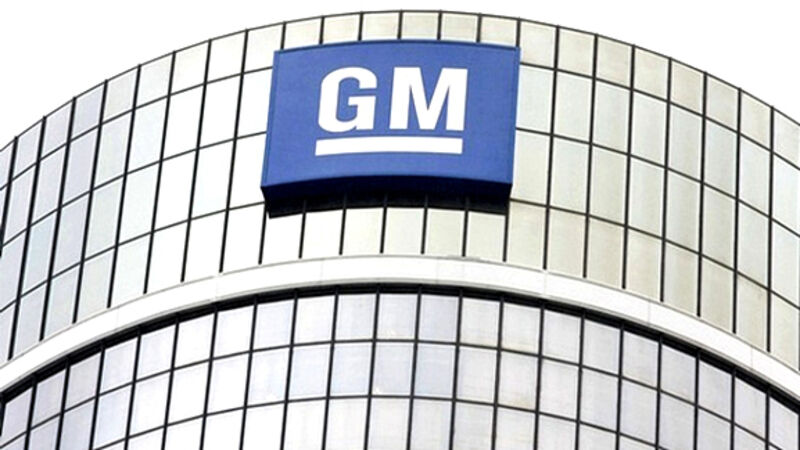Why GM is willing to exit Europe by selling Opel division to Peugeot

Pulling off a deal to sell the Opel division to France’s PSA Group, which owns Peugeot, will prove a deep-seated obsession with being the biggest is long gone, as GM will likely drop outside the top three among the world’s biggest automakers. It also will demonstrate Ms Barra, a company lifer, isn’t wedded to the past.
“Kudos to her for making the right decision,” said Maryann Keller, an independent auto industry consultant in Connecticut, and a longtime critic of GM’s management. “Opel hasn’t made money in decades. This flies in the face of the clichés we’ve always heard that you have to be in Europe and have German engineering to be a global carmaker.”
















